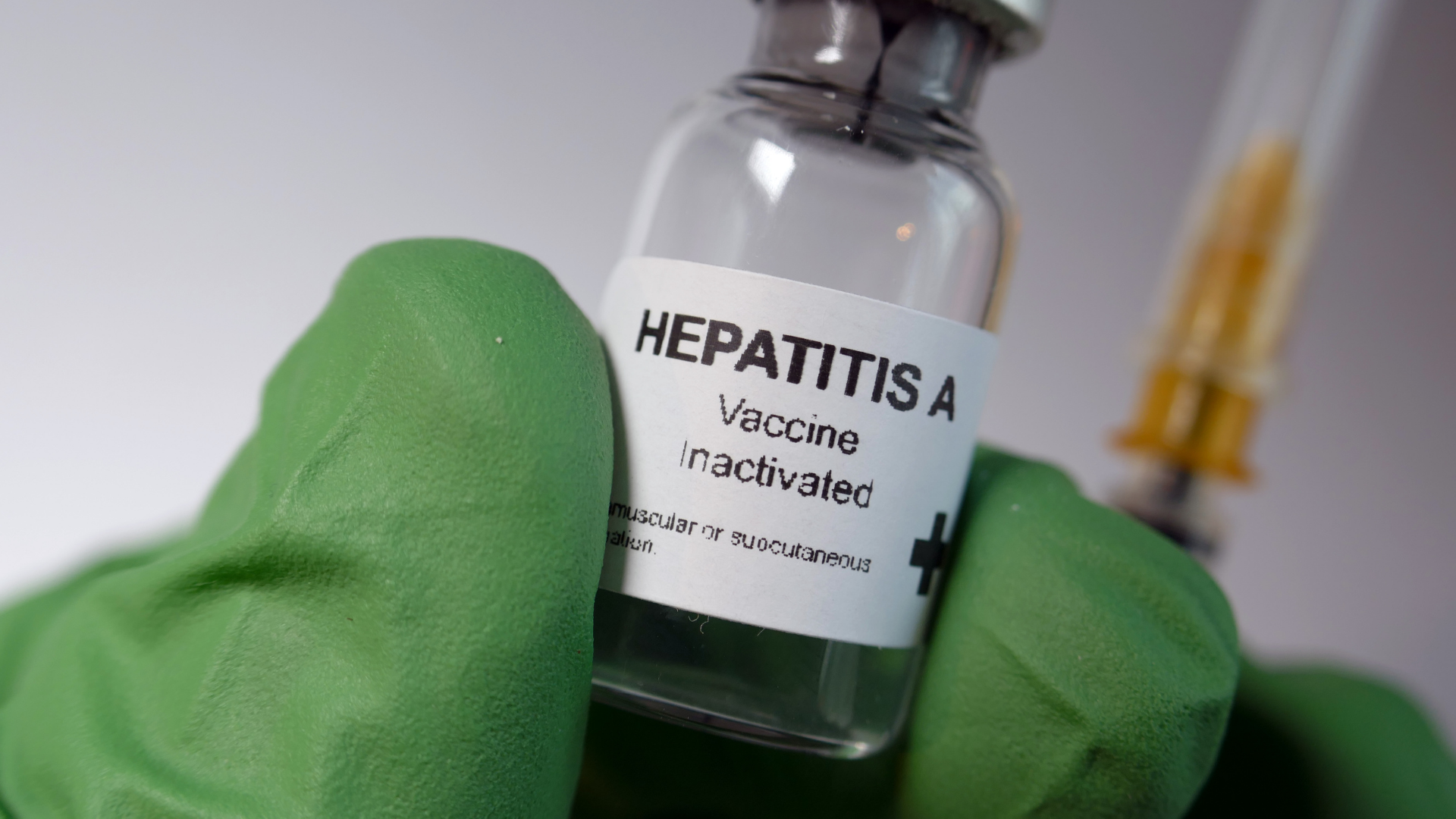Indian Immunologicals rolls out indigenously developed Hepatitis A vaccine (Financial Express)

- 22 Jan 2024
Why is it in the News?
Indian Immunologicals Ltd (IIL), a wholly-owned subsidiary of the National Dairy Development Board (NDDB) recently announced that it has launched India’s first indigenously developed Hepatitis A vaccine, Havisure.
About Havisure Vaccine:
- The vaccine is effective in preventing the disease and is recommended for children in routine immunization.
- It is a two-dose vaccine wherein the first dose is administered at above 12 months of age and the second dose is given at least after 6 months of the first dose.
- The vaccine is also recommended for individuals who are at risk of exposure or travel to the regions with high hepatitis A prevalence.
- In addition to this people with occupational risk of infection and suffering from chronic liver diseases also need Hepatitis A vaccination.
Key Facts About Hepatitis A:
- Hepatitis A is an inflammation of the liver caused by the hepatitis A virus (HAV).
- The virus is primarily spread when an uninfected (and unvaccinated) person ingests food or water that is contaminated with the faeces of an infected person.
- The disease is closely associated with unsafe water or food, inadequate sanitation, poor personal hygiene and unprotected sex.
- Unlike hepatitis B and C, hepatitis A does not cause chronic liver disease but it can cause debilitating symptoms and rarely fulminant hepatitis (acute liver failure), which is often fatal.
- Hepatitis A occurs sporadically and in epidemics worldwide, with a tendency for cyclic recurrences.
- Epidemics related to contaminated food or water can erupt explosively, such as the epidemic in Shanghai in 1988 that affected about 300,000 people.
- They can also be prolonged, affecting communities for months through person-to-person transmission.
- Hepatitis A viruses persist in the environment and can withstand food production processes routinely used to inactivate or control bacterial pathogens.
- Geographical distribution: Infection is common in low- and middle-income countries with poor sanitary conditions and hygienic practices, and most children (90%) have been infected with the hepatitis A virus before the age of 10 years, most often without symptoms.
- Transmission: The hepatitis A virus is transmitted primarily by the fecal-oral route; that is when an uninfected person ingests food or water that has been contaminated with the feces of an infected person.
- In families, this may happen through dirty hands when an infected person prepares food for family members.
- Waterborne outbreaks, though infrequent, are usually associated with sewage-contaminated or inadequately treated water.
- Symptoms: Symptoms of hepatitis A range from mild to severe and can include fever, malaise, loss of appetite, diarrhoea, nausea, abdominal discomfort, dark-coloured urine and jaundice (yellowing of the eyes and skin).
- Not everyone who is infected will have all the symptoms.
- Treatment: There is no specific treatment for hepatitis A.
- Recovery from symptoms following infection may be slow and can take several weeks or months.
- Prevention: Improved sanitation, food safety and immunization are the most effective ways to combat hepatitis A.
